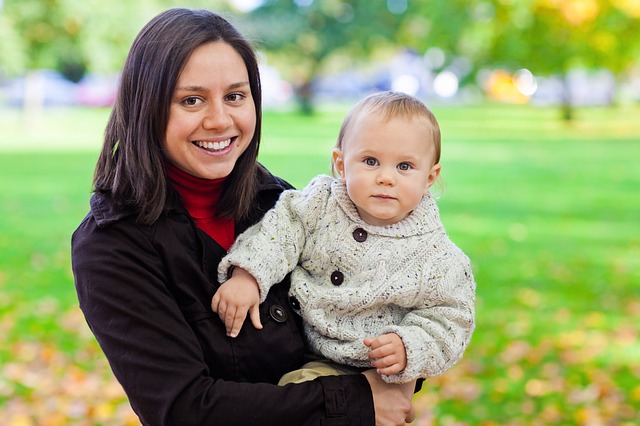- Calls to this hotline are currently being directed to Within Health or Eating Disorder Solutions
- Representatives are standing by 24/7 to help answer your questions
- All calls are confidential and HIPAA compliant
- There is no obligation or cost to call
- Eating Disorder Hope does not receive any commissions or fees dependent upon which provider you select
- Additional treatment providers are located on our directory or samhsa.gov
Postpartum Depression and Binge Eating Disorder

Contributor: Crystal Karges, MS, RDN, IBCLC Special Projects Coordinator at Eating Disorder Hope/Addiction Hope
Many new mothers commonly experience postpartum depression, which is a type of mood disorder that can develop after delivering a baby. This can be an especially complex time, as a woman is learning the delicate balance of caring for a newborn, adjusting to her changing body, and dealing with many environmental stressors.
The postpartum period is often thought to be a time of bliss and joy with a new baby, and women who struggle with symptoms of postpartum depression may feel guilty, even frustrated with themselves about what they are experiencing.
For women who have either previously struggled with binge eating disorder or who are susceptible to developing an eating disorder, the postpartum period can be a time that triggers the development of binge eating disorder.
BED & Co-occurring Issues
Because eating disorders often co-occur with other mental disorders, such as mood disorders and personality disorders, it is not uncommon to see binge eating disorder develop alongside postpartum depression.
Binge eating disorder is a complex issue that is typically related to underlying emotional and psychological issues. A woman who is dealing with postpartum depression may frequently turn to food as a way of coping with the overwhelming emotions that are being experienced during this time, such as:
- Guilt
- Sadness
- Anger
- Anxiety
- Frustration

If you are a new mother who has found yourself dealing with postpartum depression along with binge eating disorder, do not be afraid to reach out for professional help, treatment, and support during this time. There are many forms of treatment that can effectively help you during this time and ultimately, help you better care for yourself and your new baby.
Treatment may include a combination of behavioral therapies, pharmacotherapy, and nutrition counseling, all which can work together to help you heal and recover. Know that there is hope – you must only reach out for the help and resources that are available to you.

Crystal Karges
Crystal is a Masters-level Registered Dietitian Nutritionist (RDN) with a specialty focus in eating disorders, maternal/child health and wellness, and intuitive eating. Combining clinical experience with a love of social media and writing, Crystal serves as the Special Projects Coordinator for Eating Disorder Hope/Addiction Hope, where her passion to help others find recovery and healing is integrated into each part of her work. As a Certified Intuitive Eating Counselor, Crystal has dedicated her career to helping others establish a healthy relationship with food and body through her work with EDH/AH and nutrition private practice.
The opinions and views of our guest contributors are shared to provide a broad perspective of eating disorders. These are not necessarily the views of Eating Disorder Hope, but an effort to offer discussion of various issues by different concerned individuals.
We at Eating Disorder Hope understand that eating disorders result from a combination of environmental and genetic factors. If you or a loved one are suffering from an eating disorder, please know that there is hope for you, and seek immediate professional help.
Reviewed By: Jacquelyn Ekern, MS, LPC on November 2, 2015
Published on EatingDisorderHope.com
